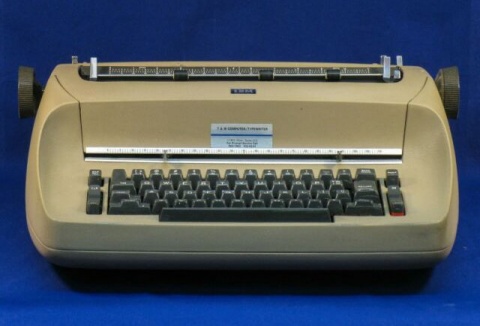Columbia College | Columbia University in the City of New York
“My ‘Darkest’ Moment at Columbia,” by Richard Snow ’70
After a suffocating New York City August that stubbornly hung on well into October, November is back, bringing with it solemn streaked skies, family tensions and, for me, the memory of one of the most frightening events of my life.
It happened in 1965, during my freshman year. I had moved into the newly-named Carman Hall, upon which The New York Times had recently cast a scornful glance, dismissing it as a “Victorian reformatory.” It didn’t strike me that way; I was on one of the higher floors, where the south-facing windows offered a spectacular view over all of Manhattan, most of Brooklyn, some of the Palisades and a vast swath of New Jersey.
My “suite” — two rooms with twin beds and a bathroom — was far better than I had anticipated. My roommate was not as appealing as the view, but he was fine, just rather austere. He struck me early on as a fully developed 40-year-old CPA inhabiting an 18-year-old’s body. I once saw him leave for class wearing a sharkskin suit.
While never complaining about the scatter of socks, half-finished papers and sandwich wrappings from Ta-Kome II that drifted about my portion of our home, he kept his own territory scrupulously tidy.

Whenever my roommate typed, I would watch with an envy so obvious that he often cautioned me to keep my distance. And so he did this chilly Tuesday evening as he pulled on his coat: “I’m going to spend the night at my parents’. Don’t touch my typewriter.”
I gave him some mumbled assurances, and off he went. This was the first time that I knew he was going to be away. I gave him half an hour, then crossed the room, sat down at his desk, cautiously removed the cover, and for a few seconds gazed at the gleaming sphere. Then I spooled in a sheet of paper and prepared to write a Selectric letter to my high school girlfriend.
I turned the typewriter on; it emitted a barely audible hum. “Dear Liz,” I typed, and the ball darted and whirled as it crisply hit the paper. “I am writing you on —”
The typewriter made a small, terrible sizzling noise, and froze.
I punched the space bar. Nothing. Had it gotten unplugged? As I groped at the outlet in hopeless panic, I scarcely noticed that the desk lamp had gone out. Then the lights in the room went off, too, and I certainly noticed that.
I jumped from the chair and ran to the window. The Empire State Building blinked at me, and went dark. Around it, all of Manhattan glowed and died. A peppering of lights in Brooklyn followed, and then the Jersey shore pulsed and fell into darkness, leaving the leaden shine of the Hudson, serene under a full moon that now provided the only light in my world.
I did not think of the Sir Adam Beck Hydrolectric Power Station No. 2 in Queenstown, Ontario, where a relay had tripped, starting a cascading chain reaction. Instead, I gripped the windowsill, stunned with an imbecile conviction: Christ! This is all MY fault!
It took several seconds — very long seconds — and a mounting chorus of alarmed, delighted yips from the hallway along with the splash of flashlight beams leaking under the door for me to realize that whatever was happening, the darkness had probably not been triggered by my violating the forbidden typewriter. Weak with relief at not having brought on what would be remembered as the Great Blackout of 1965, I pulled the cover back over the inert Selectric.
The lights and my roommate were back the next morning. I never went near his typewriter again.

PHOTO BY REBECCA AND WILLIAM SNOW

